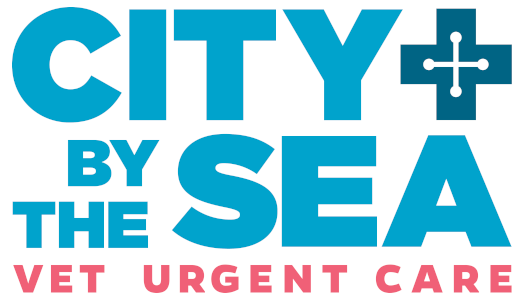Learning More About Digital Imaging for Dogs at City By The Sea Veterinary Hospital
What types of diagnostic imaging are available for dogs?
For dogs here at Urgent Care, we have X-ray and ultrasound. There's also MRI and CT scans available at most referral hospitals.
When might a vet recommend diagnostic imaging?
There are many cases when your vet might recommend diagnostic imaging. For instance, if they're limping, we check for a broken bone. Any vomiting leads us to look for obstruction in the stomach or intestines. Trouble breathing prompts us to examine the heart and lungs. For urinary problems, we check for bladder stones. We look for any abnormalities to help us diagnose and treat your pet as best as we can.
Is there a single best diagnostic tool for dogs?
There's no single best and most accurate diagnostic tool. It honestly depends on the situation and the information we need. Again, it depends on what's happening with your dog.
What diagnostic imaging is recommended for specific conditions?
For example, if there's limping, we'll likely recommend X-rays to check for a broken bone. If there are back or spinal problems, MRI is typically the best to examine the spine. For concerns like vomiting due to an obstruction, we would probably recommend X-rays or potentially ultrasound.
Can a diagnosis be made with just one set of imaging?
A lot of times, yes. Sometimes we can get a diagnosis with just one set of imaging. However, other times we need further tests to get a specific answer.
How quickly can results be obtained?
Here at Urgent Care, we'll get your results for the X-rays and a brief ultrasound right away. For anything like an MRI or a CT scan, it might take a bit longer at a referral hospital.
Does my dog need sedation for diagnostic imaging?
Yes, your dog would need to be sedated for an MRI or a CT scan because they need to stay very still. For most X-rays and ultrasounds, they don't need sedation unless they're painful, very anxious, or very wiggly.
Does diagnostic imaging hurt the dog?
No, it does not hurt. However, sometimes the positioning, for instance, if we suspect a broken bone, can be painful. In such situations, your vet will discuss pain medications or sedation with you.
How are X-rays and ultrasounds scheduled?
For X-rays and brief ultrasounds, these are typically done at the time of your visit. For bigger tests like MRI or CT scans, this often requires a partial day stay at the hospital or, even for the ultrasounds we offer here, sometimes a partial day stay is needed.
What are baseline diagnostics?
Baseline diagnostics are recommended for various conditions to gather initial information. For instance, if you hear a new heart murmur on your dog, we'll often recommend chest X-rays to evaluate the heart and lungs. We do this for pregnancy checks, orthopedic issues, and sometimes for staging purposes in cancer diagnosis.
Are there any special preparations required for diagnostic imaging for dogs?
Typically not, aside from some fasting, meaning no food for a few hours prior to the ultrasound to get the best look. Certainly, for any sedated procedures, fasting is required.
Can owners stay with their dogs during imaging?
Unfortunately, no. Due to radiation exposure, we don't allow clients to stay in radiology during the imaging.
What if more than one test is needed?
This can happen, as it often takes more than one test to get a definitive answer. Your vet will go through the results of testing and recommend the next steps to get an answer for your dog.
At City By The Sea Veterinary Hospital, your pet is our priority. If you have any questions, don't hesitate to call our team at (848) 217-5000, or you can email us at [email protected]. Our staff would love to talk with you!


